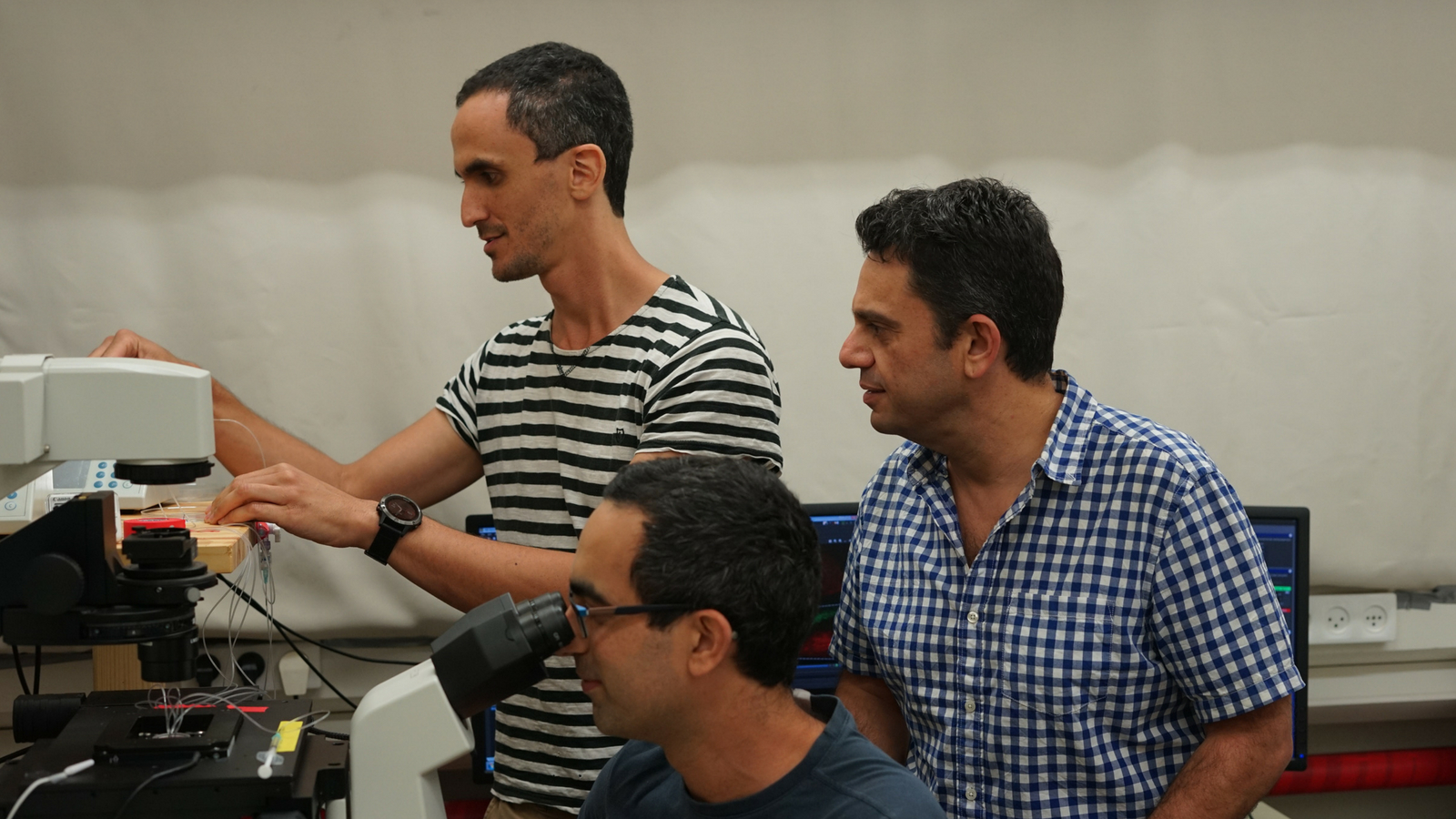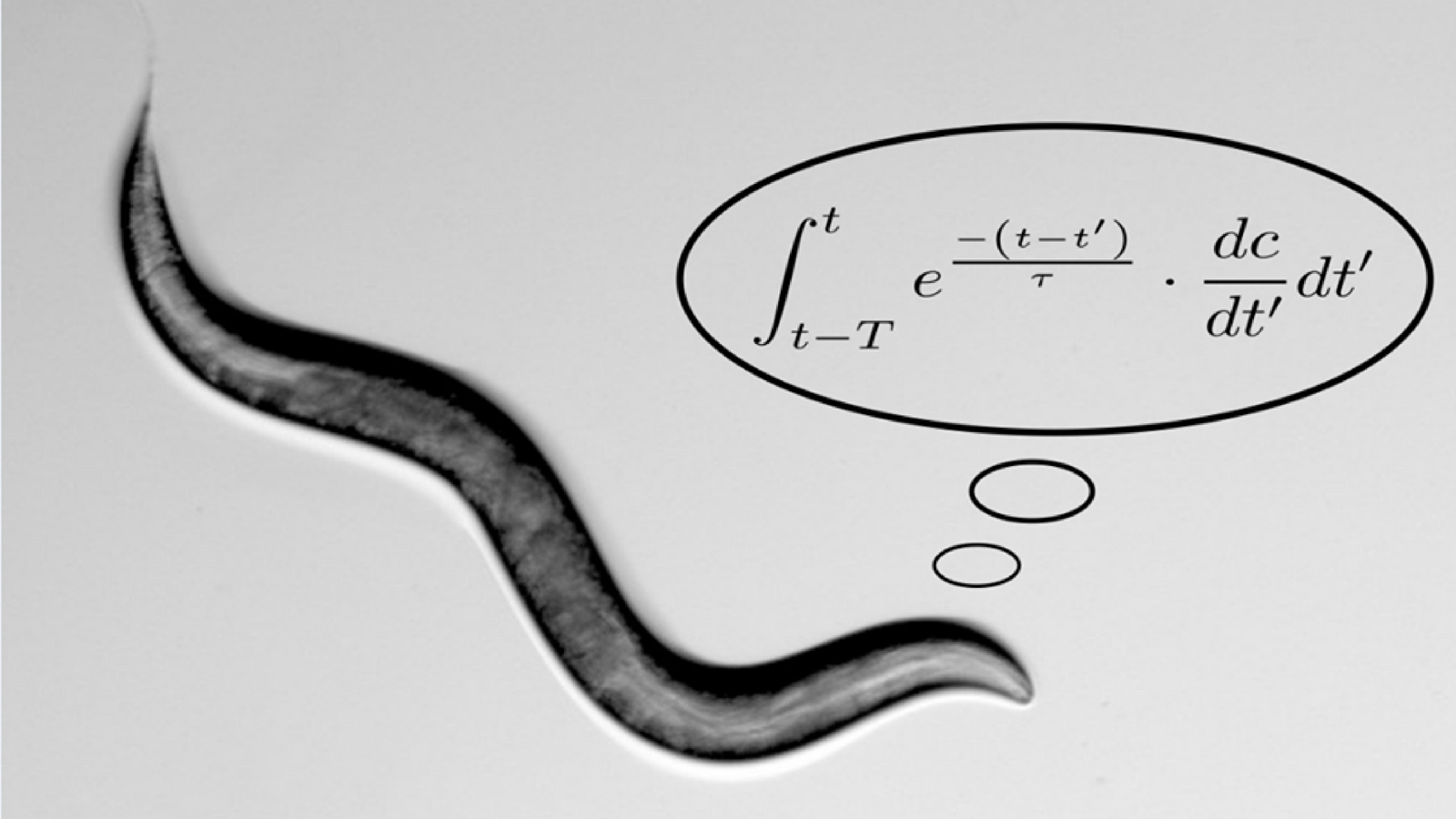For animals that rely on smell to locate food, how exactly do their brains help them navigate toward it?
In new research published this week in Nature Communications, Hebrew University of Jerusalem neurogeneticist Alon Zaslaver and his team reveal the complex mathematical calculations that animals – even those as simple as worms – do to find their next meal.
Zaslaver likens the behavior to a game of “Hot or Cold.”
“Imagine you’re in a huge dark house and a chocolate cake has just been taken out of the oven. To find the cake, you’ll probably sniff around to see what direction the cake scent is coming from and begin walking in that direction,” says Zaslaver.
Worms use this method in their search for food, but with an added twist. First, a neural cell picks up the scent and sets the worm on a course. As long as the scent intensity continues to get stronger, this neural cell will remain active and direct the worm to stay on course.
Otherwise, it will instruct the worm to stop and look for a better path using a second neural cell, acting like Waze’s “recalculating route” function.
This second cell senses derivatives, meaning it calculates whether the odor intensity is positive (getting “hotter”) or negative (getting “colder”). A negative derivative prompts the cell to chart a different course.

According to the researchers, this two-part system is not only an impressive feat for a worm but a very effective method in the search for food.
Zaslaver says the worms teach us an important lesson: “We need a backup system in place that monitors whether we are indeed moving in the ‘right’ direction, even if that new path differs from the one we originally set out on.
“A worm uses only two neural cells to perform this critical calculation. Imagine what we humans should be able to do with our 100 billion neural cells.”














